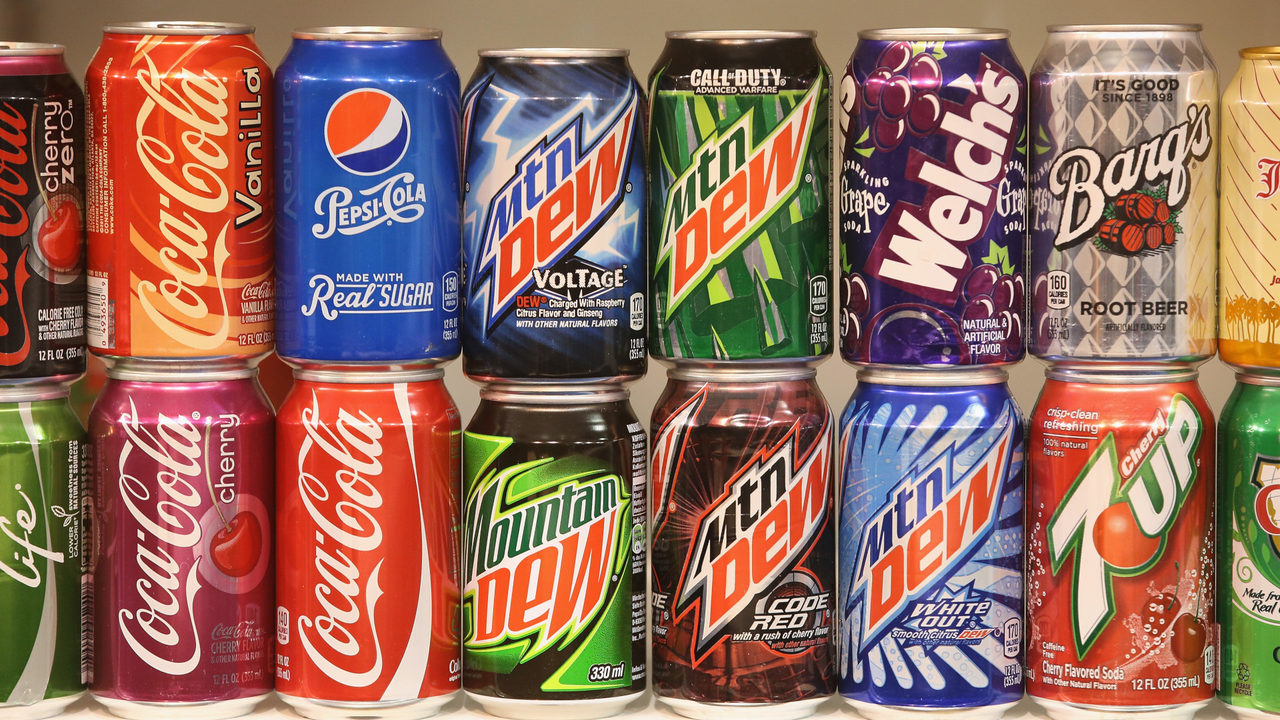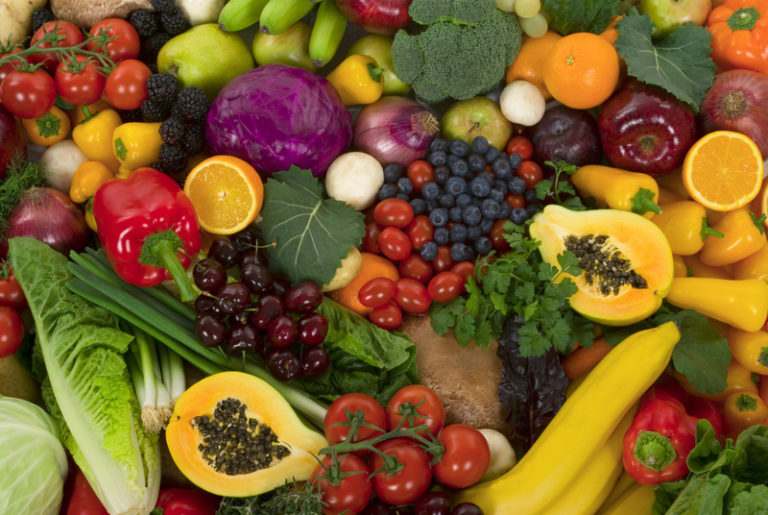The published research is quite definitive in that there are health benefits associated with intermittent fasting.
Most individuals who engage in intermittent fasting will typically skip breakfast and some will also skip lunch and eat later in the day.
For myself, I have found that skipping dinner – the evening meal seems to work better, so when I am intermittent fasting I will fast from lunch until breakfast the next morning.
There has been some discussion on this topic in our forum and it has been suggested by some that skipping breakfast may have negative effects on health.
I have reviewed some published research which supports this concept.
Following is an article written by Jacob Schor, ND, FABNO published in the Natural Medicine Journal which suggests that skipping breakfast may increase the risk of cardiovascular issues as well as all-cause mortality.
Perhaps it is time that we reconsider our personal protocols and patient recommendations regarding which meals to skip for intermittent fasting.
Results of a prospective cohort study
By Jacob Schor, ND, FABNO
Reference
Rong S, Snetselaar LG, Xu G, et al. Association of skipping breakfast with cardiovascular and all-cause mortality. J Am Coll Cardiol. 2019;73(16):2025-2032.
Study Objective
The authors examined the association of skipping breakfast with cardiovascular and all-cause mortality.
Design
This is a prospective cohort study. Frequency of eating breakfast was compared to cardiovascular and all-cause mortality risk using weighted Cox proportional hazards regression models.
Participants
The study followed a cohort of 6,550 US adults, 40 to 75 years of age, who participated in the National Health and Nutrition Examination Survey III 1988 to 1994. Frequency of breakfast eating was recorded during an in-house interview. Death and underlying causes of death were ascertained by linkage to death records through December 31, 2011.
Key Findings
Of note with these types of studies:
Observational studies are of course problematic and despite the fact that the authors of the study took into consideration many potential confounders there are lots that were left out which could influence the outcomes and the list would be long: SNPs (polymorphisms), environmental toxins, hormone dysregulation, what kind of foods individuals were eating, circadian rhythm disturbances, exposure to blue light in the evening etc.
Issues such as this make nutrition/diet studies difficult to draw definitive conclusions from.





